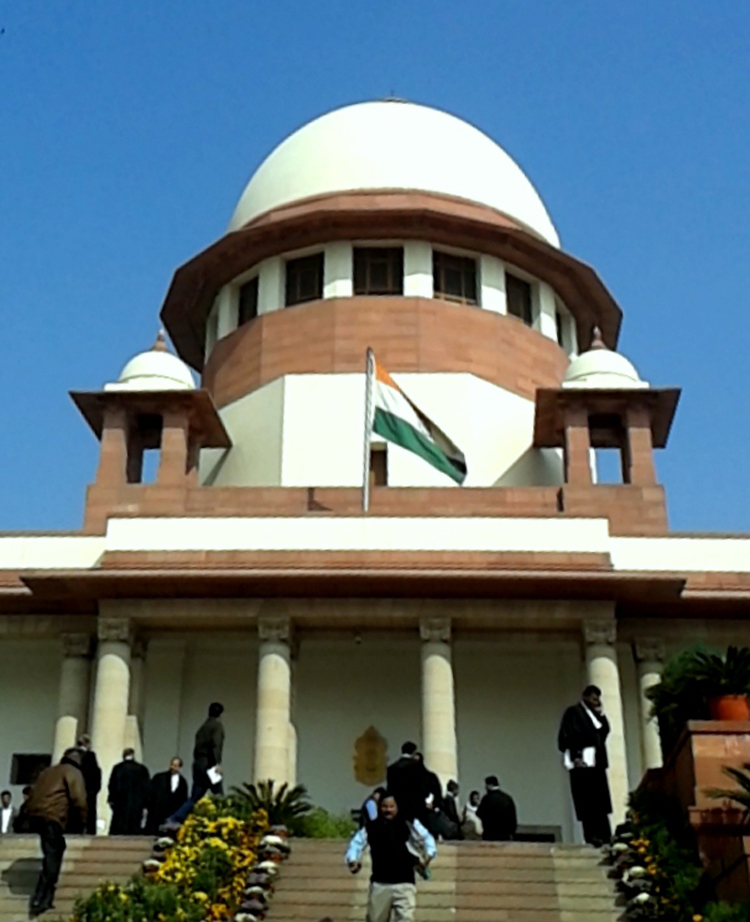The Supreme Court on Friday sought the Centre’s response on Congress leader Jairam Ramesh’s petition challenging the Right to Information (Amendment) Act, 2019, which gives the government control over the tenures and salaries of the central and state information commissioners.
The amendment curtails the independence of the information commissioners, the petition filed through advocate Sunil Fernandez said. The bench of Justices D.Y. Chandrachud and K.M. Joseph issued a notice to the Centre seeking a reply within four weeks.
According to the petition, the fresh rules under the amendment act seek to dilute the provisions of the RTI Act 2005, which it says was aimed at promoting transparency in public administration and empowering the common citizen.
Ramesh’s petition challenges three sections of the amended act: Section 2 that amends Section 13 of the RTI Act, Section 3 which amends Section 16 of the parent act, and Section 4 that amends Section 27 of the original act.
Sections 13(1) and 13(2) of the RTI Act prescribed a fixed tenure of five years for the central information commissioners, but Sections 2(a) and 2(b) of the amendment act allows the central government to prescribe the tenures.
Sections 3(a) and 3(b) of the amendment act alter the erstwhile fixed tenure of five years for the state information commissioners, as laid down in Sections 16(1) and 16(2) of the parent act, to a tenure to be prescribed by the Centre.
Section 2(c) of the amendment act grants absolute power to the Centre to prescribe the salaries, allowances and terms and conditions of service for the central information commissioners. Under Section 13(5) of the original act, these were on a par with the salaries, allowances and service conditions of the election commissioners.
Section 3(c) of the amended act empowers the Union government to prescribe the salaries, allowances and terms and conditions of service for the state information commissioners. Under Section 16(5) of the 2005 Act, these were on a par with those of election commissioners for the chief state information commissioners, and with the state chief secretaries for the state information commissioners.
Section 4 of the amendment act alters Section 27 of the original act to empower the government to make the rules relating to the tenures, salaries and service conditions of the information commissioners.
“Further, the decision of the central government is binding upon the information commissioners. This allows unbridled and uncanalised discretionary power to the central government that jeopardises the independence of information commissioners,” the petition said.
“Given that post-retirement benefits, pensions and allowances are not explicitly in these rules, the central government is granted absolute power to change these from time to time.”











